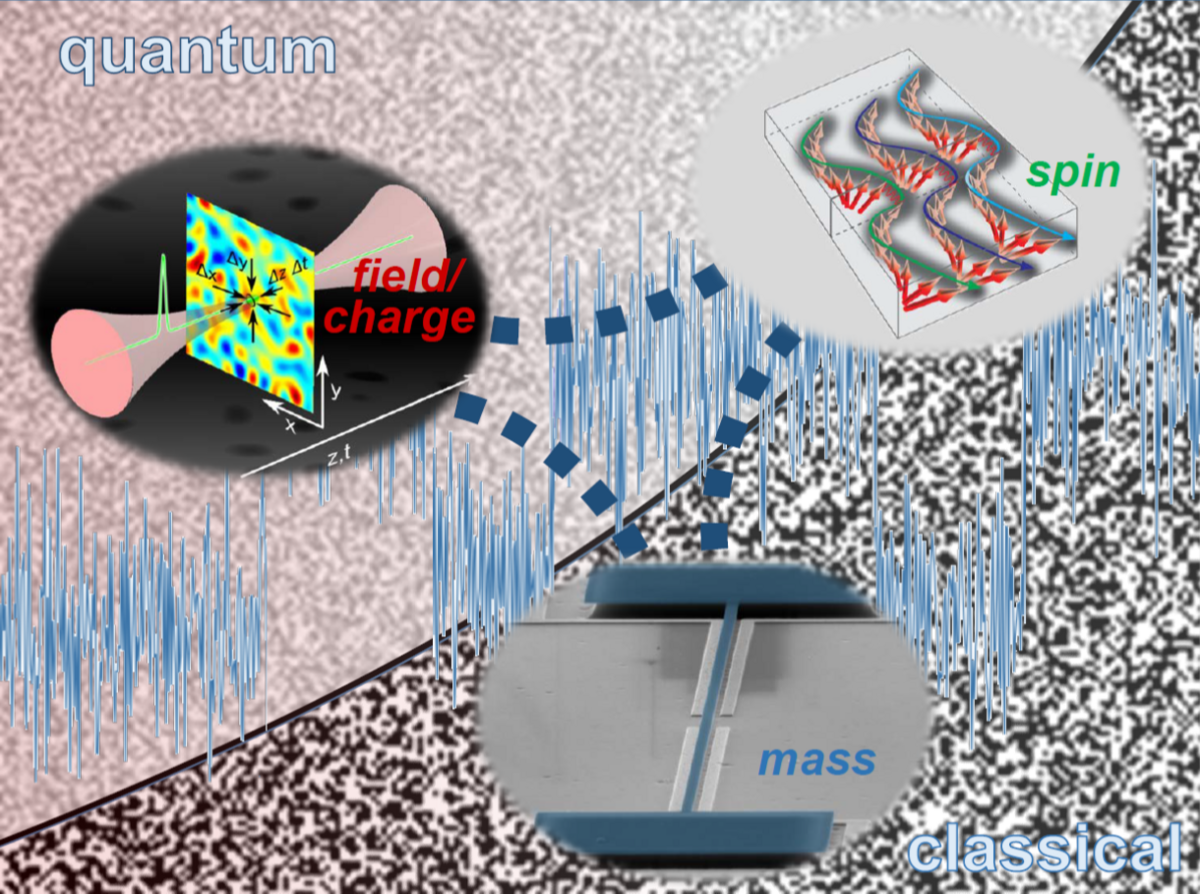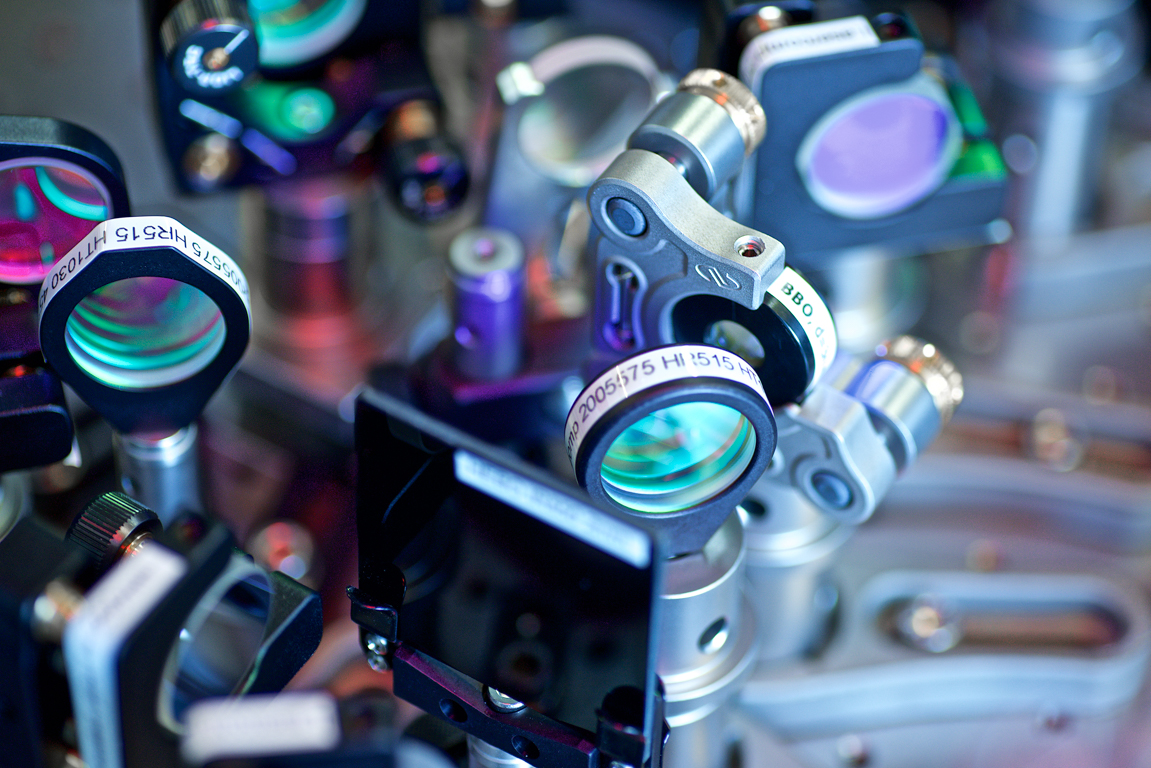Ausgewählte Forschungsverbünde

SFB 1432
The vision of the recently approved SFB 1432 Fluctuations and Nonlinearities in Classical and Quantum Matter beyond Equilibrium is to investigate fluctuations of systems far from equilibrium or determined by strongly nonlinear interactions in a synergistic, interdisciplinary environment. It brings together different approaches from classical and quantum physics – enriched by mathematics – and aims for a deeper understanding of the respective domains as well as the quantum-to-classical transition.
We will work out the nature of fluctuations and nonlinearities at the cross-roads of soft matter, quantum transport, magnetism, nanoelectronics, and mechanics, and ultrafast phenomena. This interplay is expected to lead to entirely novel physical phenomena and functionalities.
The spokesperson of the SFB 1432 is Prof. Dr. Wolfgang Belzig from the Department of Physics of the University of Konstanz.
Funding period: 2021-2024

Center for Applied Photonics (CAP)
The Center for Applied Photonics represents a technology platform supported by the State of Baden-Württemberg. It focuses on advanced optical systems, concepts and materials with special emphasis of high-tech applications. Via direct collaborations in research and teaching, we are bridging the gap between fundamental science and industrial partners. This combination turns CAP into an efficient basis to train highly qualified individuals for both companies and academia."

A new class of hybrid organic-inorganic lead halide perovskite semiconductors has attracted global attention since the reports on high efficiency perovskite solar cells in mid-2012. In only a few years photoconversion efficiency surpassing 26% has been achieved. Despite rapid progress in this emerging field, there is limited understanding of the basic mechanisms that lead to such an extraordinary performance. In the SPP 2196 – Perovskite semiconductors: From fundamental properties to devices, highly interdisciplinary research teams bridging chemistry, material science, device engineering, and physics unravel the peculiar properties of these materials and devices, the role and interplay of their different components, and the control over the parameters dominating the solar cell performance.
The SPP 2196 is coordinated by Prof. Dr. Lukas Schmidt-Mende from Department of Physics of the University of Konstanz.
Funding period: 2019-2026, DFG: GEPRIS, SPP2196
